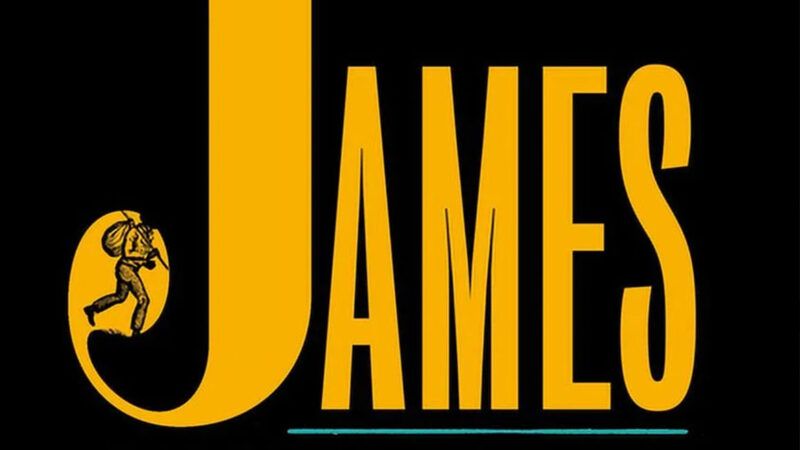Review: James Retells Huckleberry Finn From Jim's Perspective
Author Percival Everett reimagines Mark Twain's novel from the enslaved character's point of view.

Percival Everett has breathed fierce life into one of American literature's iconic characters in James, a retelling of Huckleberry Finn from the perspective of Jim, the runaway slave.
James' conceit is that Jim is secretly literate and can speak with perfect diction. Twain's "painstakingly" studied "Missouri negro" dialect is a put-on that Jim and other slaves use to deflect white anger and suspicion. Everett is a sly writer, and he loves to employ this code-switching and the fictions of race for subversive comic effect.
But language is all-powerful in James. Early in Jim's journey, a slave steals a pencil for him—a hangable offense—so that Jim can "write himself into being."
"I can tell you that I am a man who is cognizant of his world," James, as he renames himself, writes, "a man who has a family, who loves a family, who has been torn from his family, a man who can read and write, a man who will not let his story be self-related, but self-written."
James' revolt against a society that defines him as property extends to the metaphysical. In his fever dreams he debates Voltaire and John Locke. He in fact writes himself out of Huckleberry Finn's unserious final act to pursue an ending that better fits his outrage and newfound agency.
Finn's key moment is when Huck declares he'll help Jim even if it means going to hell, but Everett reminds us that Jim is already there. James tells another man he was "born in hell. Sold before my mother could hold me." James is not a gauzy moral fable or boy's adventure, but a man's flight through the inferno of America's racial past that is by turns darkly funny and terrifying.


Show Comments (22)